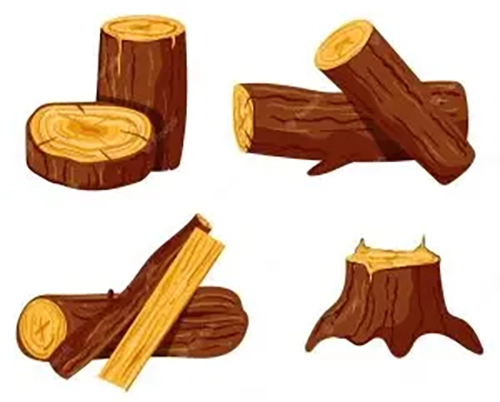2. Dryness: The moisture content of the wood is crucial for efficient and clean burning. It is recommended to burn wood that has been properly seasoned and has a moisture content of around 20% or less. Wet or green wood not only produces less heat but also creates more smoke and creosote buildup in the chimney.
3. Size and Splitting: The wood should be cut into appropriately sized pieces for your stove. Most stoves can accommodate logs that are around 16 inches long. Splitting the wood into smaller pieces helps it burn more efficiently and reduces the amount of smoke produced.
4. Local Availability: It’s best to choose wood that is readily available in your area. This can help reduce transportation costs and ensure a sustainable supply.
5. Environmental Impact: If sustainability is a concern, consider using wood from renewable sources or using wood do not under any circumstances use painted wood or wood that has been treated a number of composites to contain chemicals that can be harmful and it’s good practice to avoid these at all costs as they could be very harmful to your health and that of your family.
